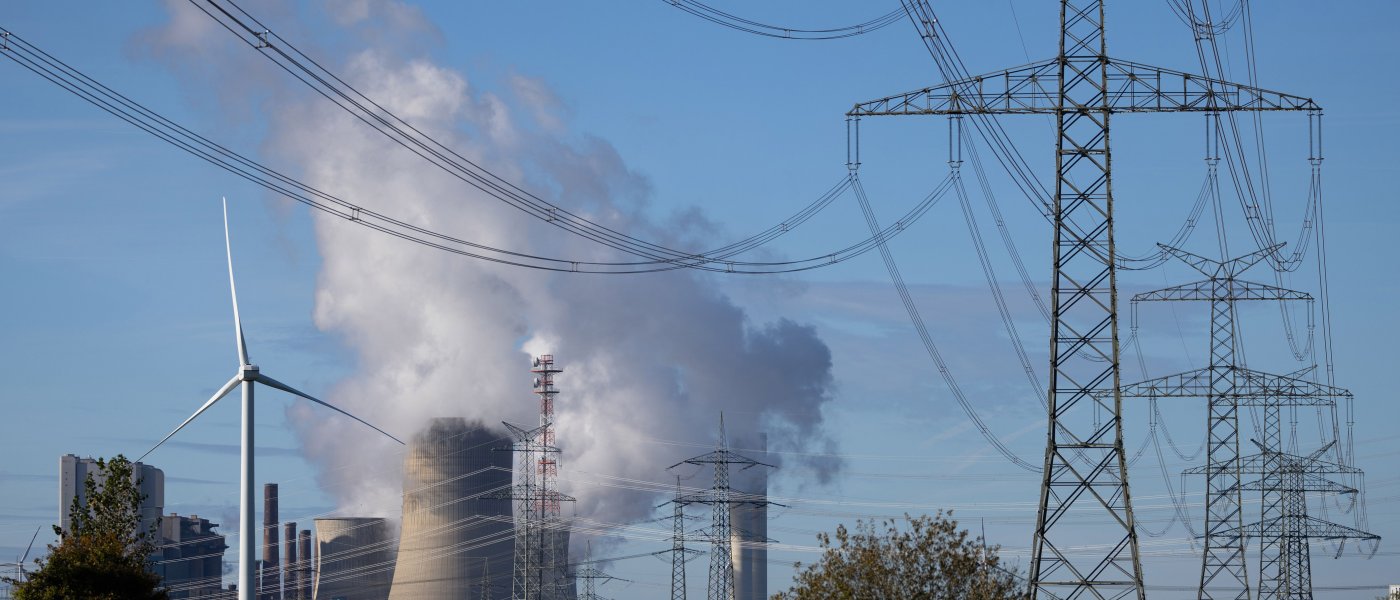El alza reciente de las previsiones de demanda de electricidad en EEUU, ha generado un gran debate acerca de la confiabilidad, asequibilidad y la dependencia del carbón en la generación de electricidad, lo que se contrapone con la política global de reducción progresiva de las emisiones de gases de efecto invernadero. El presente trabajo del CSIS (Center for Strategic and International Studies) destaca que las tecnologías e industrias de gran valor estratégico para ese país, seguirán siendo altamente demandantes de Energía Eléctrica. Sectores como el de Semiconductores, Inteligencia artificial (AI) y producción de baterías de todo tipo, son algunas de las áreas estratégicas citadas. Impulsar la economía y los desarrollos tecnológicos del Siglo XXI, que permitan mantener su posición de liderazgo, deberían ser la base de las estrategias y formulación de políticas energéticas de las autoridades estadounidenses.
The Issue
The recent upswing in electricity demand growth forecasts has generated significant debate about the reliability, affordability, and carbon intensity of the electric-power sector. These are important questions, but they must be assessed starting with a broader perspective: Electricity demand growth has deep strategic-scale implications for the future of American economic, technological, and geopolitical leadership.
Introduction
A broad political consensus has emerged in Washington on the value of strategic economic policy. This consensus extends widely across party lines, driven by concerns over economic security, geoeconomic competition with China, and the socioeconomic value of revitalized domestic industrial and manufacturing capacity. Although substantive differences remain between the parties on the shape and scope of policy, which sectors are truly strategically vital, and just how sharp competition with China should be, it appears that a high-level and durable bipartisan interest in strategic economic policy is here to stay.
With this policymaking consensus taken as the starting point, this policy brief offers a reassessment of U.S. energy strategy. Given the strategic value of U.S. global leadership in key industrial and commercial sectors, the emergent trend of strong electricity demand growth takes on a vital new context.
There is strong evidence that a confluence of three trends—the reshoring of industry, AI-driven database expansion, and broad-based electrification—will drive a sustained era of electricity demand growth in the United States. This reverses a multidecade trend of declining growth rates, including two decades of near-zero rates of electricity demand growth at the national level.
Sustained electricity demand growth requires significant and rapid additional investment in the electric power sector. This investment must be enabled and shaped by an appropriate policy and regulatory environment if the United States is to maintain a reliable bulk power system, preserve global energy cost competitiveness, and sustain progress on declining emissions intensity.
Crucially, it would be a mistake for policymakers to consider these questions within the familiar and well-trodden political frames that have characterized energy policymaking in recent decades. Electricity, like all energy, is always a means to an end. The pending expansion of the electric power sector is the means to long-term, bipartisan, and strategic economic ends for the United States. Failure to make substantive progress on the major policy issues facing the electric power sector is to condemn broader U.S. strategic economic ambitions to failure.
![]() Fuente: https://www.csis.org
Fuente: https://www.csis.org


